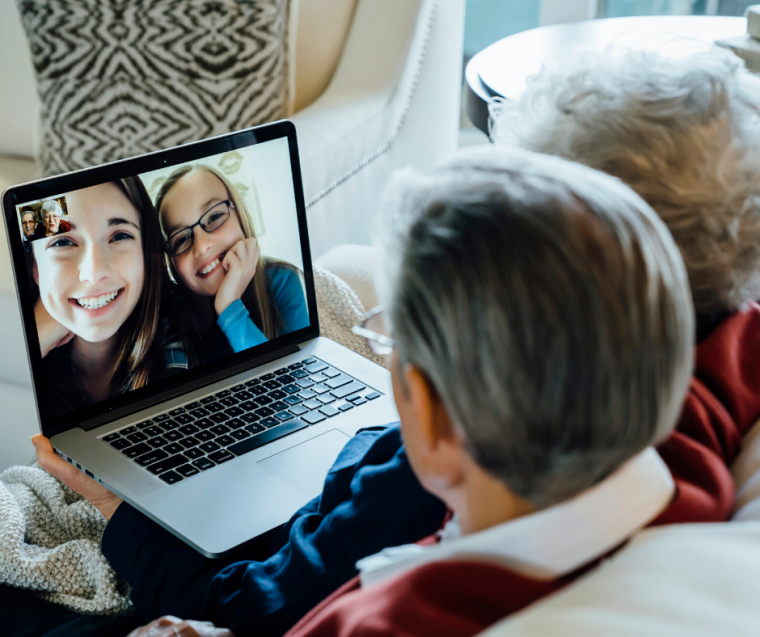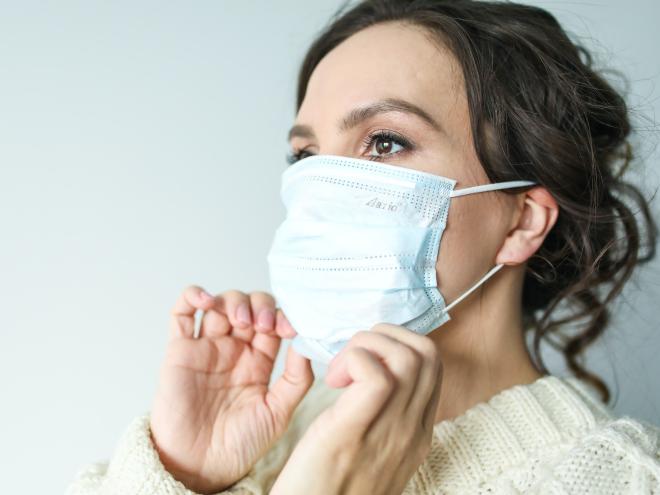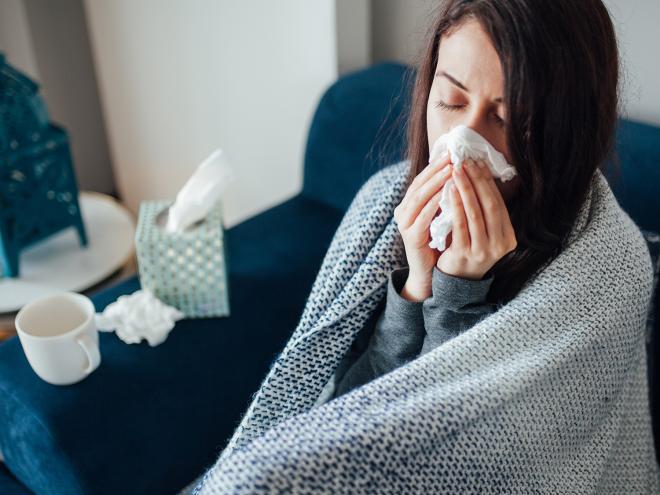Across British Columbia, Canada, and the world at large, people are trying to become accustomed to life as we fight COVID-19. In BC, Provincial Health Officer Dr Bonnie Henry has called on all residents to stand together, while socially distancing and self-isolating. Shops, bars, schools, and many workplaces are closed, and we are being encouraged to stay indoors as much as possible. Many of us may be having trouble adjusting, such as those who live alone, or parents of young children who now may be worried about homeschooling as well as finances.
Stay informed – but set limits
We may find ourselves feeling down, or anxious about the unknowns ahead of us. Social media consumption and late-night scrolling can make things worse. Vancouver-based psychiatrist, Dr Matthew Chow, says creating a routine around how you consume news is important.
“It helps to get news about what’s going on in the world. But ensure you rely on credible, up-to-date sources, especially if your interest is the coronavirus, such as: BC Centres for Disease Control for health information about COVID-19; BC Government News for current updates from the Government of BC; BC Government Emergency Preparedness for information about provincial supports such as childcare, education, and financial help.”
He adds: “Don’t spend too much time on the news though. Once a day is enough. Even the most important updates happen only daily at most.”
Do at least one thing each day
Routines are also good for keeping yourself occupied. Some people will find themselves just as busy, if not more so, during this time, yet others may be out of work completely or working limited hours. Doing something useful will keep you occupied and contribute to your self worth. Take this time to catch up on practical things like your finances, research projects, and trying to maintain an exercise regimen.
Talking to children and teens
Many parents are concerned about how this will affect their young children, but there is a lot that you can do inform them, according to Dr Chow. “Children are experts at reading the emotions of the adults around them. They can gain strength and confidence from us. “
“Explain the current situation in words that children can understand. Answer questions in a straightforward way. Let them know that you care about them, and that everyone is doing everything they can to keep them safe. Try to limit the amount of news and social media that your children absorb without you around – it can be frightening for children to see and hear things that they don’t understand.“
Try to set up routines like reading regularly, watching shows together, doing homework, and playtime. Model healthy behaviours such as eating properly, taking breaks from reading the news, and prioritizing sleep. Dr Chow emphasizes that you should not be hard on yourself for being imperfect. Everyone is under a lot of pressure. You can find more parenting tips from the Shared Care Committee at Doctors of BC here.
The difficulties of dealing with teenagers is well known. “Teens are wired to test limits, take risks, and are still learning how to assess the future consequences of their actions. Teens can feel invincible and it’s hard to convince them otherwise.”
Dr Chow suggests keeping it simple when you talk to your teens: “There’s a virus going around that we haven’t found a cure for. Going outside the home and getting close to other people is not just putting yourself at risk, but others too.”
Staying connected while staying home
 In this unprecedented time, staying connected to people has never been more important. Social distancing does not have to mean social isolation. Just as your body needs oxygen, your mind and spirit need social connection. Dial up a friend. FaceTime or Skype with your family. Email people in your contact list and ask them how they are doing. Start a WhatsApp feed with a group of friends. Join an online interest group – so many are being offered these days from group exercises, book clubs, to card games.
In this unprecedented time, staying connected to people has never been more important. Social distancing does not have to mean social isolation. Just as your body needs oxygen, your mind and spirit need social connection. Dial up a friend. FaceTime or Skype with your family. Email people in your contact list and ask them how they are doing. Start a WhatsApp feed with a group of friends. Join an online interest group – so many are being offered these days from group exercises, book clubs, to card games.
Dr Chow adds: “Self-isolation and physical distancing are new for most everyone. It’s okay to feel scared, confused, worried, or even overwhelmed. But here’s the thing: you can get through it. And if you’re having difficulty, help is available.”
Above all, it is crucial to remind ourselves that this is not permanent, says Dr Chow. “It’s a temporary thing to help you heal, protect those around you, and keep BC and Canada safe.”
Resources:
OpenMindBC.ca – developed by Doctors of BC, this website acts as a portal to an abundance of tools and resources developed by a range of mental health organizations in BC and across Canada.
Reaching Out: Supporting Youth Mental Health in British Columbia – this policy paper contains a number of commitments and recommendations which support Doctors of BC’s policy of raising awareness of mental illness in the province.
Physician Health Program of British Columbia – PHP is an operationally independent service funded by Doctors of BC and the Ministry of Health. Their services support all BC physicians, medical students, and residents, as well as their partners and dependent children.
Mental Health Commission of Canada – The MHCC has a wide range of tools aimed at improving the mental well-being of all people living in Canada.
HereToHelp BC – A project of the BC Partners for Mental Health and Substance Use Information, HereToHelp provides information about mental health and substance abuse.
Canadian Mental Health Association – The CMHA British Columbia Division has a number of resources, including information on youth mental health, university workshop information, and crisis care support.



